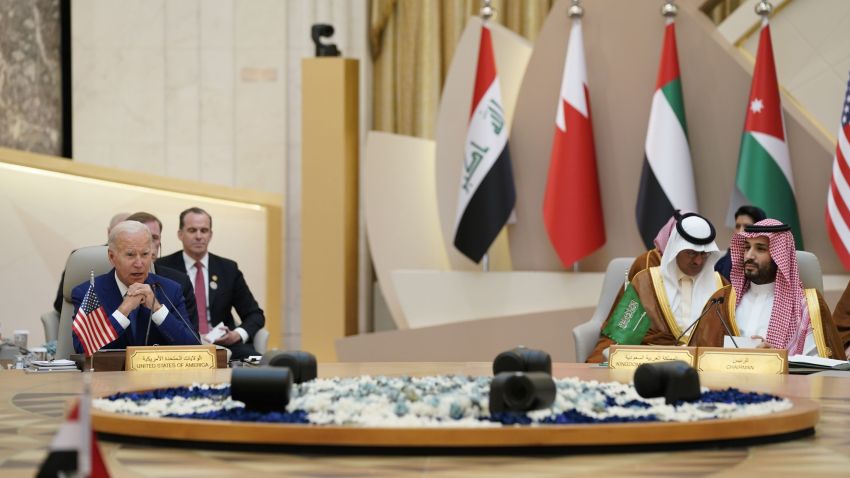In the wake of U.S. President Joe Biden’s desultory Middle East visit in mid-July, some U.S. officials suggested that critics of the trip, like myself, should reserve judgement until we see the “deliverables” agreed upon by the regional leaders Biden met with in Israel and Saudi Arabia. Fair enough, and hopefully many such deliverables do materialize, with direct benefits for the region’s long-suffering inhabitants.
At the top of my own wish list of late-blooming deliverables I’d like to see both from the trip and, more broadly, from the administration’s regional strategy—as spearheaded by Biden’s point person on Middle East issues, Brett McGurk—is more diplomacy, or to be precise, more support for diplomacy instead of conflict when it comes to Iran.
The most prominent item on the U.S. diplomatic agenda is currently reviving the multilateral Iran nuclear deal, officially known as the Joint Comprehensive Plan of Action, or JCPOA, from which the administration of former President Donald Trump withdrew in 2018. After 16 months of painstaking negotiation, the parties have reportedly arrived at what amounts to a final text that creates the possibility for the U.S. to reenter the agreement.

